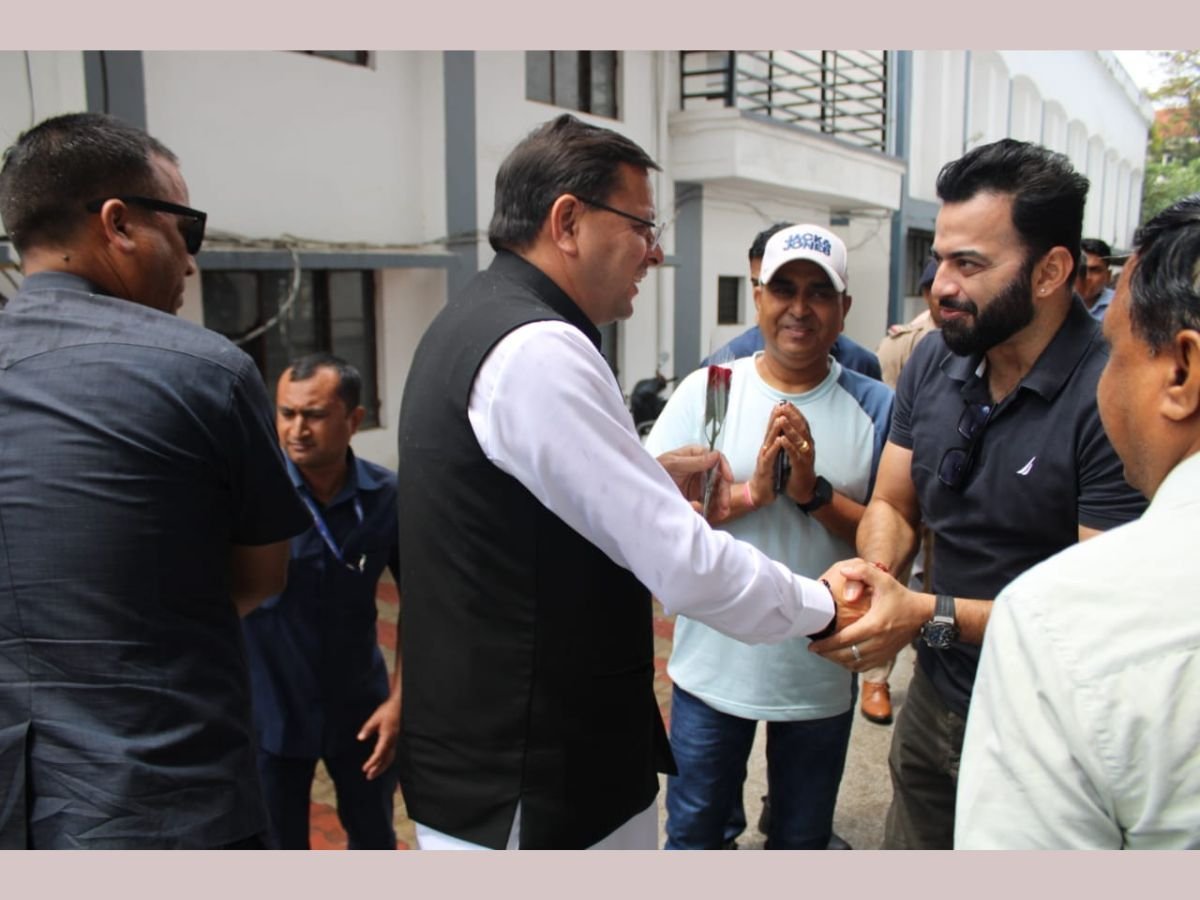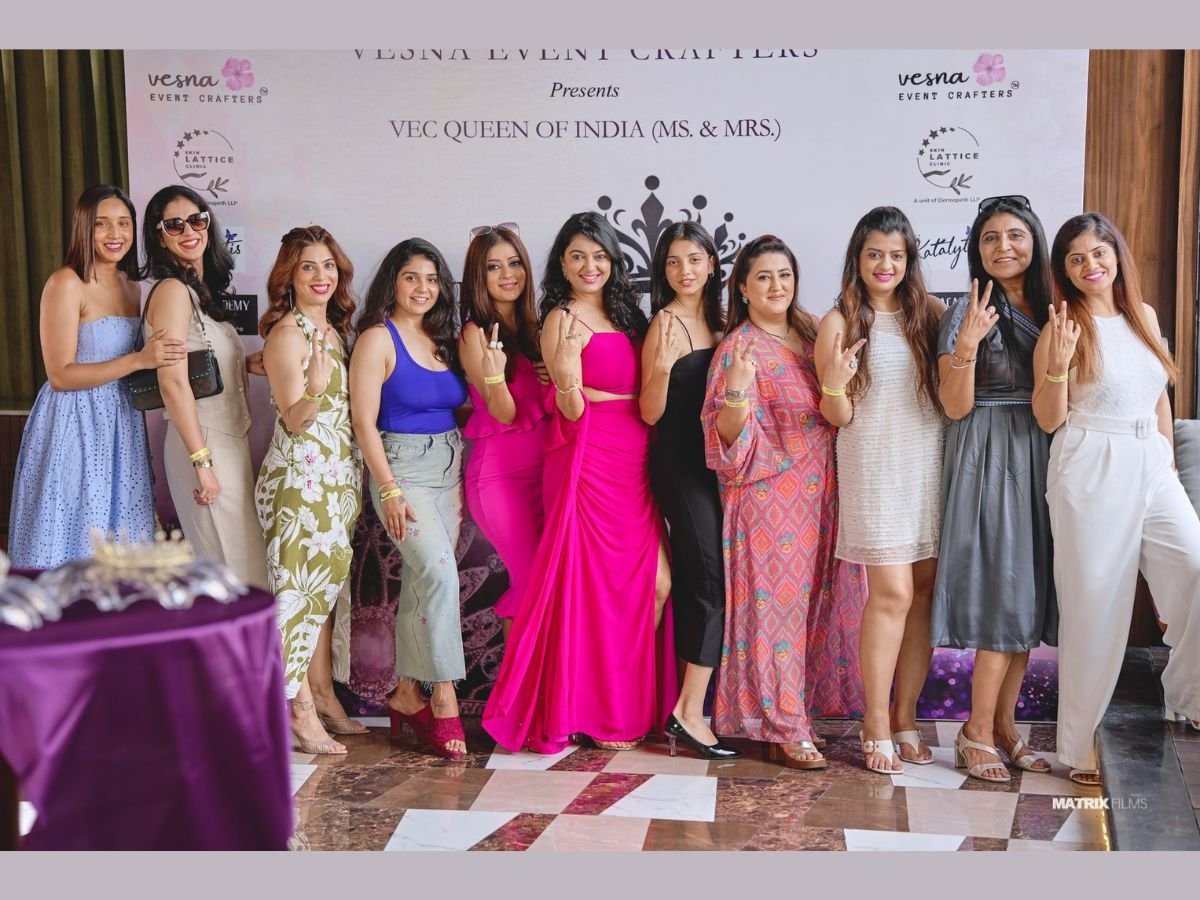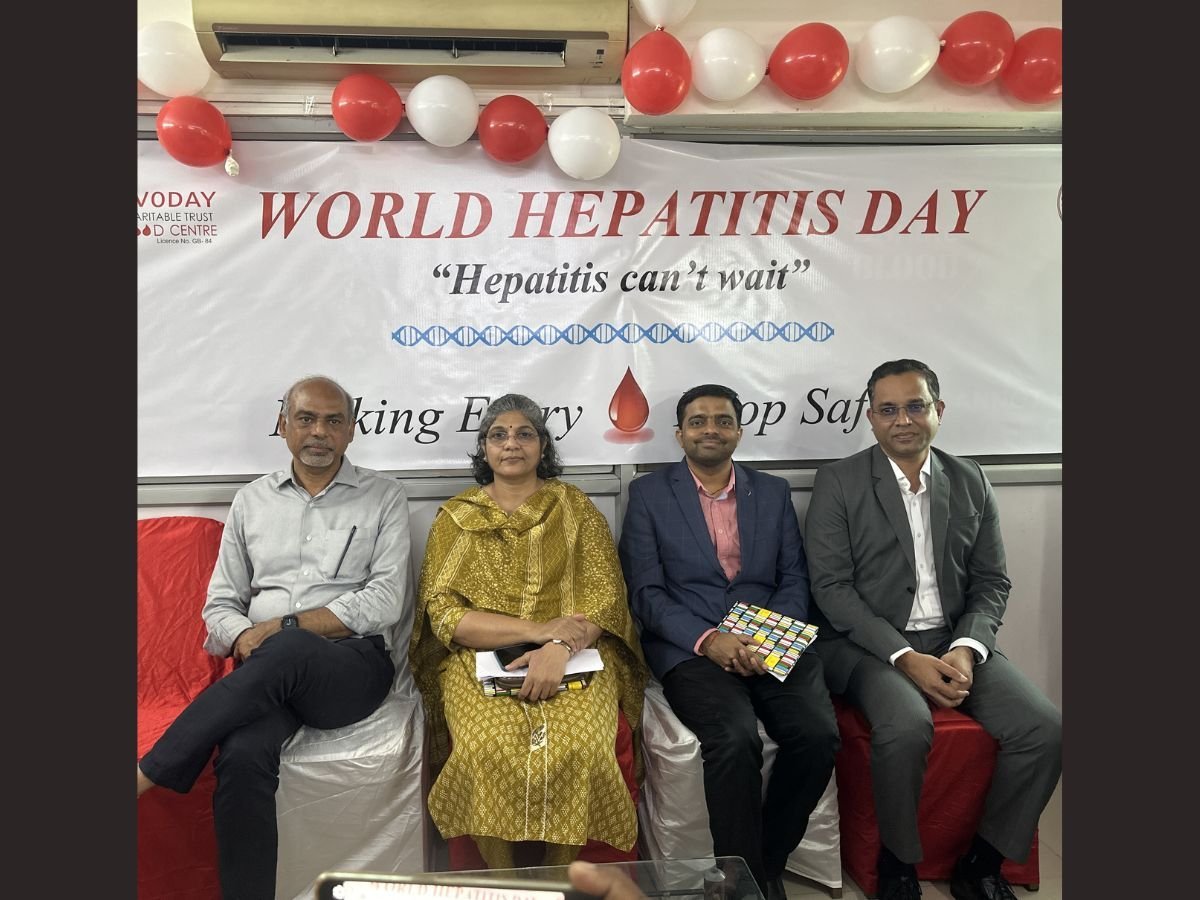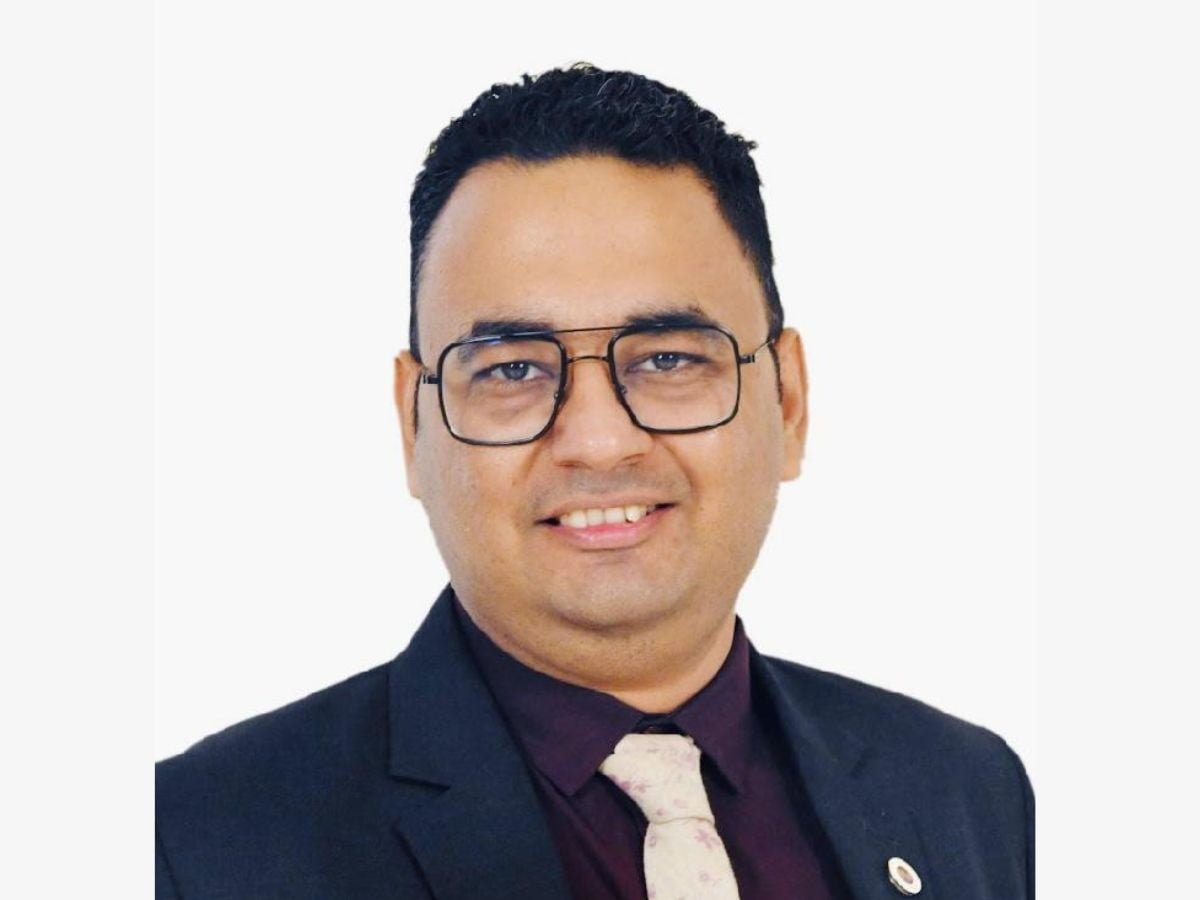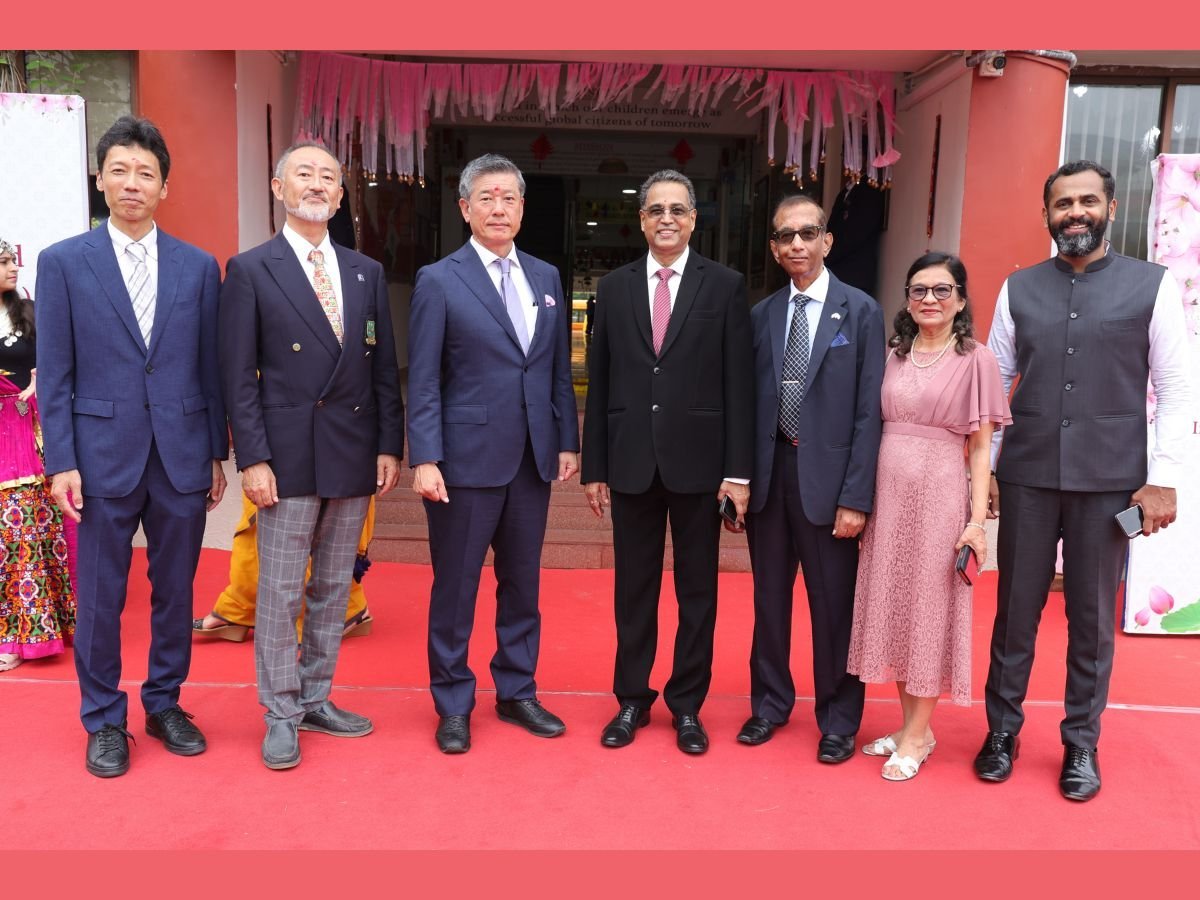Round Table Conference on, Police Security, Rule of Law and Human Rights

Ms.Prajakta conducting the Symbiosis Center for Emotional Well-being (SCEW) session
India, September 23: Symbiosis Law School, Pune, a constituent of Symbiosis International (Deemed University), held a Round Table Conference on “Police, Security, Rule of Law and Human Rights” in a hybrid mode on 15th September 2022 at 11:00 A.M IST. The conference was live-streamed via the online platform ZOOM. The objective of this Roundtable is to generate discussion, interaction, and deliberation for undertaking action research, thereby generating law reform recommendations to the concerned authorities and encouraging joint research and publications.
The Welcome address was delivered by Prof. (Dr.) Shashikala Gurpur, Fulbright Scholar, Director, Symbiosis Law School, Pune, Dean, Faculty of Law, SIU, Jean Monnet Chair Professor (EUC-Lamp co-funded by EU). The meeting was graced by eminent legal luminaries, including Dr. Ekkehard Strauss, Professor of Public Law, Berlin School of Economics and Law, Germany; Dr. Arvind Tiwari, Professor & Dean, School of Law, Rights and Constitutional Governance, TISS; Lt. Gen Rajendra Nimbhorkar (PVSM, UYSM, AVSM, SM, VSM) Former Officer of the Indian Army and Master General Ordnance; Ms. Pournima Gaikwad, DCP, Zone 3, Pune; Mr. Arvind Patil, Retired ACP; Dr. Akshat Mehta, University Dean & Associate Professor, Rashtriya Raksha University; Adv. Nilima Vartak, Former Govt. Pleader.
In her welcome address, Dr Prof. Shashikala Gurpur briefly welcomed the dignitaries, experts, faculty members and students. She highlighted the role of the rule of law in India and the system of policing. She further highlighted the Criminal Jurisprudence in India is vested in the idea of “Let a thousand guilty roam free, but not a single innocent should be punished”. Subsequently, she elaborated on the colonial remains in India’s criminal justice system and prison system, which pose a challenge to legal experts and scholars. She highlighted the various cases of police brutality, such as the infamous Nilabati Behera Case. She further posed critical questions to the panellists regarding the maintenance of national security and avoiding overlapping with human rights.
Guest of Honour, Dr. Ekkehard Strauss, introduced the topic and reflected on his expertise in International Human Rights and his experience with the UN and OSCE. He highlighted that the commitment to the topic is deeply commendable and requires deliberation. Dr. Strauss highlighted the global community faces mutual challenges such as police brutality and overstepping of legislation. He then discussed the role of early training in ensuring that Human Rights are respected in society.

Dr. Arvind Tiwari discussed the importance of policing in Indian society. He stated that even though it is a colonial setup, the role of the police can’t be overlooked in Indian society. Further, on the question of ensuring police accountability, Dr Tiwari highlighted the directions given by the Hon’ble Supreme Court in the case of Prakash Singh v. Union of India. He concluded on the note that the police is an important institution to ensure public security; however, external and internal accountability needs to be ensured.
Lt. Gen Rajendra Nimbhorkar discussed that the Armed Forces Special Powers Act (AFSPA) is often seen in a draconian way; however, the nuances need to be understood. He highlighted from the point of view of the armed forces, having served in numerous counter-insurgency operations. He talked about the critical situation of India’s neighbourhood in the 1990s and the deteriorating security situation in various parts of India, which called for elaborate security measures. He narrated the various mechanisms within the Armed Forces Act to ensure that human rights violations are investigated and punished. He concluded by highlighting the issue of grey areas in several disturbing areas that require quick decision-making by the army and simultaneously maintaining human rights.
Mr. Arvind Patil reminisced certain personal anecdotes from his service days. He deliberated upon the supervisory function of the police and corroborated it with Prakash Singh’s Judgment. Mr. Patil further highlighted the importance of these reforms, most importantly police complaint authorities and the plight of the common citizenry to register police complaints; thus, more accountability is required.
Dr. Akshat Mehta noted the structural and administrative reforms ongoing in the country. He suggested that the police reforms should ensure more citizen-friendly rules and the findings of the various police reform committees that aim at important lessons for police being a service centre and not a power centre. He concluded by stating that the public perception of the police needs to be improved.
Adv. Neelima Vartak touched upon the role of the judiciary in ensuring that investigating agencies don’t overstep their powers. She highlighted the various nuances of the rights of an accused in an investigation process and concluded her address by elaborating on the issue of delay of cases due to lack of proper procedure and human rights violations during the police investigation.
Ms. Pournima Gaikwad highlighted the dichotomy in the gap between the practical and theoretical aspects of policing. She added that despite such challenges, citizen-friendly reforms such as the initiative of the Seva and Bharosa Centres by the Pune Police had been adopted. In order to mitigate the issue of Juvenile Delinquency in urban areas, child-friendly police stations have been established in the area under Ms. Gaikwad’s team. She concluded with her valuable suggestion that in order to increase efficiency, there is a need for better working conditions and psychological help for police personnel.
Subsequently, the forum was opened for a Q&A session and ended on a successful note with the vote of thanks, delivered by Dr Aparajita Mohanty, Deputy Director, SLS, Pune.
To know more, visit: Symbiosis Law School, Pune
If you have any objection to this press release content, kindly contact pr.error.rectification[at]gmail.com to notify us. We will respond and rectify the situation in the next 24 hours.


